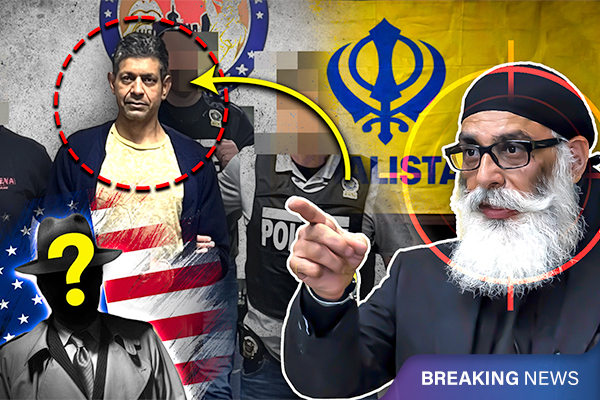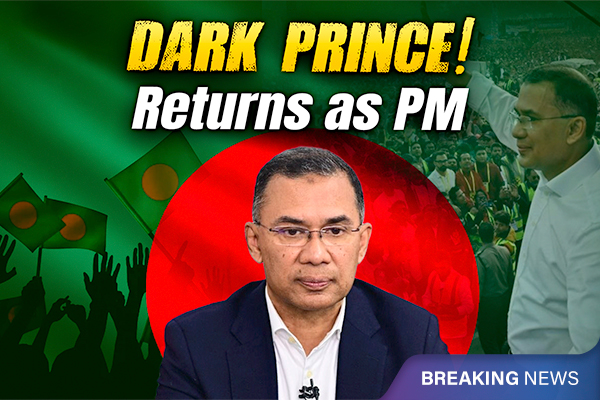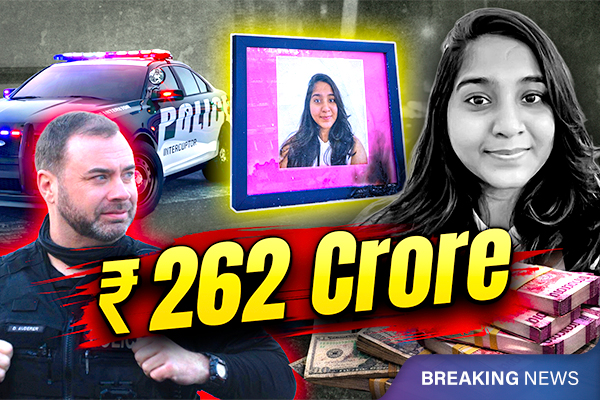PM Modi's Cabinet Clears Proposal for One Nation, One Election!
The Union Cabinet has approved the 'One Nation, One Election' proposal to hold national, state, and local elections simultaneously starting from 2029.
On 18th September 2024, the Union Cabinet approved the proposal for 'One Nation, One Election', a major electoral reform. This idea, supported by a panel led by former President Ram Nath Kovind, suggests holding all elections — from Lok Sabha (national elections) and state assembly polls to local body elections — in the same year.
What Is 'One Nation, One Election'?
This proposal aims to hold all elections across India at the same time from 2029 onwards. This includes national elections (Lok Sabha), state elections, and even local body polls like panchayat and municipal elections.
Between 1952 and 1967, India held elections this way. However, due to the early dissolution of some state governments in the late 1960s and the early termination of the Lok Sabha in 1970, this cycle was disrupted.
Currently, only 7 Indian states, including Andhra Pradesh, Odisha, and Maharashtra, conduct elections along with the Lok Sabha. The new proposal aims to bring all states in sync by 2029.
How Will It Work?
The Kovind panel recommends that starting in 2029, Lok Sabha and state assembly elections should be held together. After this, local body elections would be conducted within 100 days.
The proposal also suggests what should be done if a government is dissolved early or if there is a hung election (where no party wins a clear majority).
However, for states voting before 2029, the panel suggests shortening their term. For example, if a party wins the 2025 Delhi elections, they would serve only 4 years, and if Karnataka votes in 2028, the term would be just 1 year to match the 2029 cycle.
Next Steps
The Cabinet will present the proposal in the Winter Session of Parliament, likely in December 2024. To implement this, the government must pass two bills—one for national and state elections and the other for local elections.
However, the BJP and its allies (National Democratic Alliance, NDA) do not have enough seats to pass the bill alone. They will need support from opposition parties to pass the required changes to the Constitution.
Benefits of 'One Nation, One Election'
According to the Kovind panel, this proposal will bring several benefits:
- Faster economic growth and better governance.
- Lower costs for political campaigns and security arrangements.
- Increased voter turnout and reduced voter fatigue.
- Less disruption for workers who often return home for multiple elections.
Opposition’s Stand
Several opposition parties have strongly opposed the idea. Congress leader Mallikarjun Kharge criticized it as a distraction, while West Bengal CM Mamata Banerjee said it would destabilize the Constitution. Tamil Nadu CM MK Stalin called it "foolish and impractical."
However, some parties, like the National Conference and People’s Democratic Party in Jammu and Kashmir, have supported the proposal.
What’s Your View?
The debate around 'One Nation, One Election' is ongoing. What do you think about this idea? Should it be implemented? Let us know in the comments!







